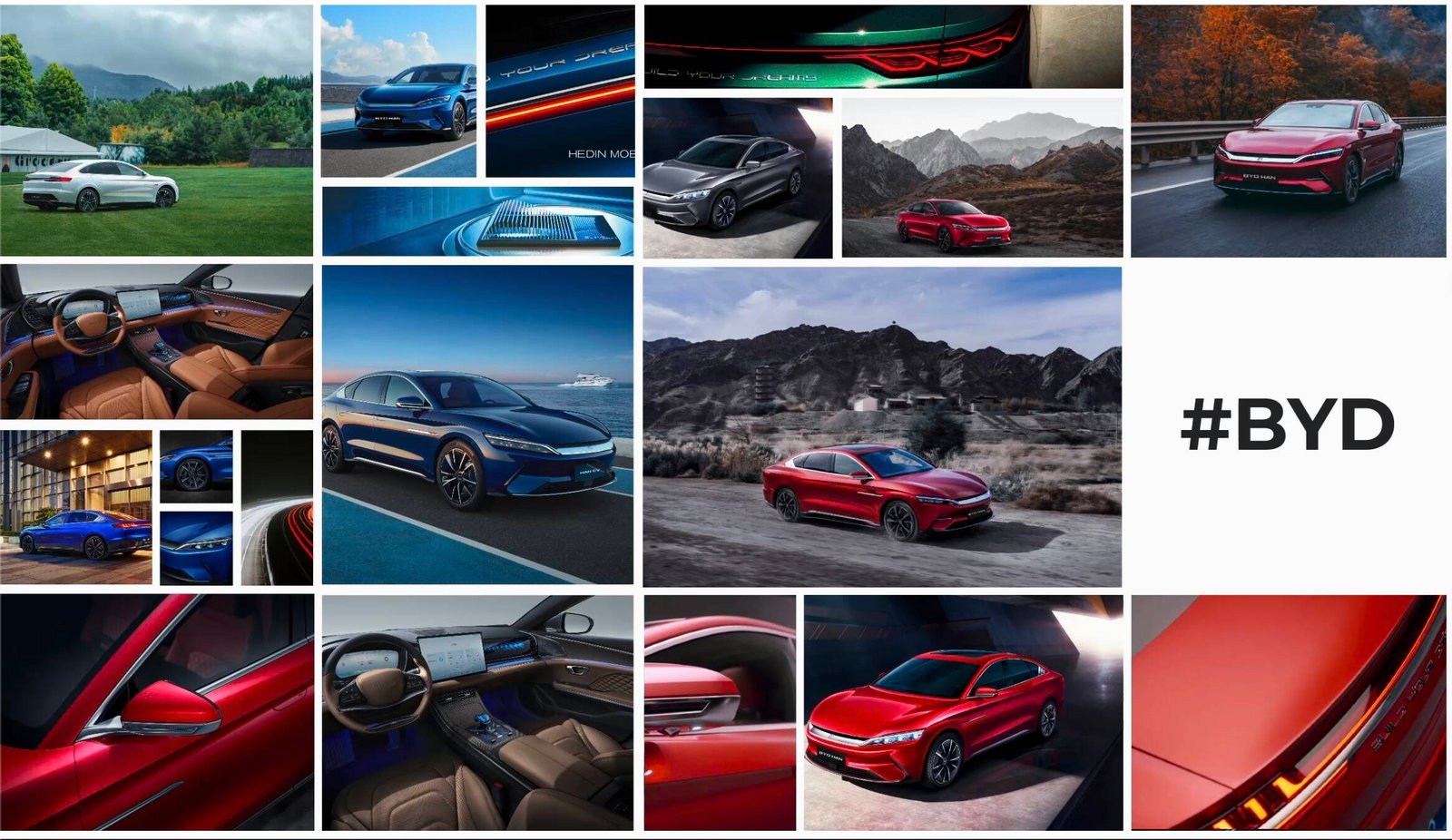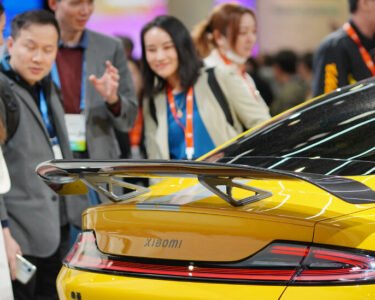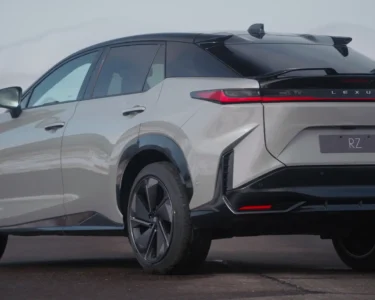Concerned over the chance that Chinese-made cars could pose a future threat to national security, Biden’s administration is proposing plans to probe potential threats posed by “connected” vehicles made in the Middle Kingdom.
In a statement this morning, the US President said the fact that most modern automobiles are “like smartphones on wheels” meant cars made in China and sold in the US could collect sensitive data, transmit it overseas and even be remotely accessed or disabled.
“China imposes restrictions on American autos and other foreign autos operating in China,” Biden said. “Why should connected vehicles from China be allowed to operate in our country without safeguards?”
The US president said he’s putting the onus for sussing out the reality of the threat posed by Chinese automobiles on the Department of Commerce, which today said it issued an advanced notice of proposed rulemaking (ANPRM) seeking public comment on the matter.
“I have directed my Secretary of Commerce to conduct an investigation into connected vehicles with technology from countries of concern and to take action to respond to the risks,” Biden said of the plan.
The Commerce Department says the ANPRM is to do with possible regulations to secure information and communications tech supply chains for connected vehicles which “may pose undue risks to critical infrastructure in the United States and unacceptable risks to national security.”
“It doesn’t take a lot of imagination to think of how foreign government with access to connected vehicles could pose a serious risk to both our national security and the personal privacy of US citizens,” said Secretary of Commerce Gina Raimondo. “We need to understand the extent of the technology in these cars that can capture wide swaths of data or remotely disable or manipulate connected vehicles.”
Several US automakers, including Ford and GM, already build cars in China for sale in the US market. It’s not immediately clear if those vehicles will be subject to the same scrutiny as those manufactured by Chinese companies.
The ANPRM doesn’t appear to be publicly available yet, and the Department of Commerce didn’t immediately respond to questions for this story.
The ascendency of the Middle car Kingdom
The automobile business is booming in China, which could pose a major threat to US automakers.
Chinese electric vehicle maker BYD surpassed Tesla as the top-selling EV maker last year, and China reportedly exported more than five million vehicles last year, making it the largest exporter of vehicles in the world for the first time.
Carlos Tavares, CEO of Stellantis, which owns US auto brands Chrysler, Jeep, Dodge and others, reportedly described Chinese carmakers as his top competitors in late January – with good reason.
Per Motor Trend, nine Chinese automakers have set up shop in Mexico in the past three years, giving Chinese automakers – should they ever decide to pursue an entry in the US market – a direct and easy route in.
In just three short years of sales, Chinese cars have skyrocketed in popularity in Mexico, with around nine percent of vehicles sold in the country coming from Chinese brands. Chinese vehicles, according to Mexican news sources, outsold US-made models in 2022.
China is also the largest automobile market in the world, selling some 23.6 million cars in 2022, while Americans only bought around half that in the same period. Reduced sales have also led to slipping production numbers in the US auto industry as well.
In other words, China is rapidly becoming the center of the global automobile industry, and the US is starting to worry not only about national security but also an industry fundamental to the American identity.
“As president I vowed to do right by auto workers and middle-class families that depend on the auto industry for jobs,” Biden said today. “With this and other actions, we’re going to make sure the future of the auto industry will be made here in America with American workers.” ®




